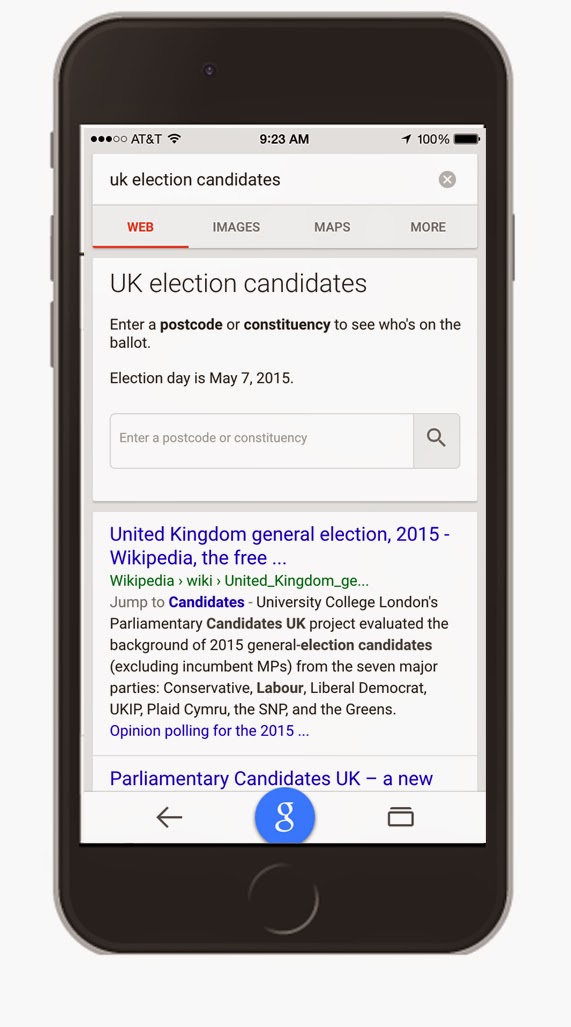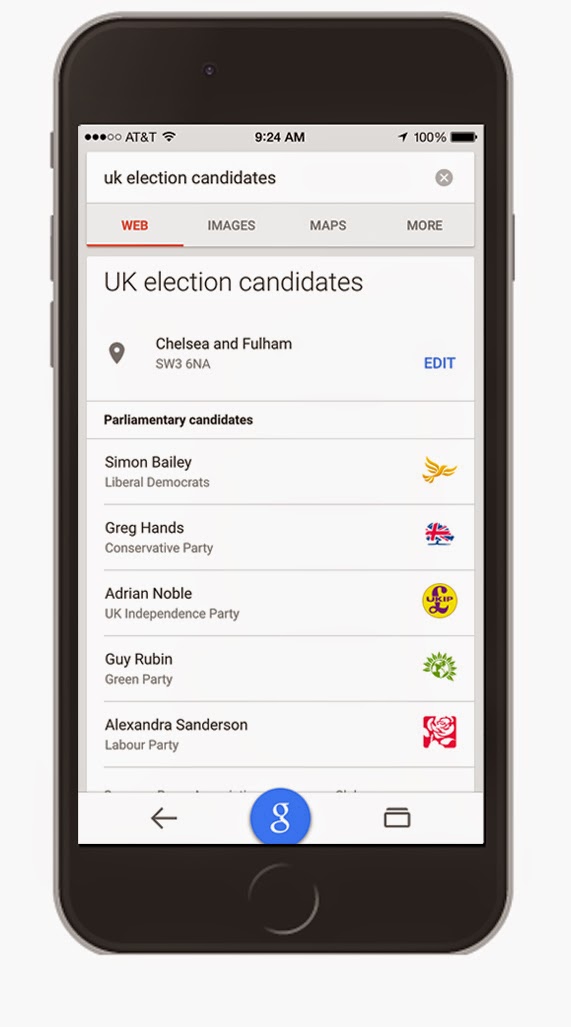What motivates Americans to do things that are civic?
Among those who are interested in improving democracy, the question of how to engage the unengaged has been a persistent challenge. We and many others have observed that too many Americans feel disconnected from public policy and legislative decision-making in the United States. While a portion of Americans are engaged in community and social contexts as volunteers, it seems that most people are not participating in a politically-defined notion of civic life in a broad-scale way.
In the past year, we decided to take a deeper look at the people that we and many others across the civic tech ecosystem are seeking to engage more robustly in civic life. Might we be able to identify people in the U.S. who seem to be aware of the world around them but are not actively deliberating on opinions or taking action on issues, and then uncover something meaningful about their attitudes as a group?
Referring to these people as “Interested Bystanders,” we hypothesized that such a person is an individual, in a Western democratic context, who is aware of political or community issues around her, but not active in addressing them. She knows what civic challenges exist and would like to complain/act/improve the situation but she has not yet found the motivation or drive to do something about those challenges. “Even if I do something, will anything actually change?” is a question that she considers often. These are individuals from a broad spectrum of backgrounds, the majority of whom are technologically connected, and might exhibit some past participation in any variety of civic interactions.
Not finding a modern body of work that answered our questions, we conducted a combination of in-person interviews and contextual observations from February to October of 2014, with 101 qualitative participants across six locations in the United States. In addition, we fielded a quantitative survey to 2,058 survey respondents, representative of the U.S. population.
As applied research, this work held two important goals: 1) To inform the design of civic-related products and services at Google, and 2) To support the broader civic tech ecosystem of individuals and institutions working hard to make our civic life more inclusive and meaningful. As with any networked response to a grand challenge, this community is increasingly taking care to deeply understand the very people it aims to engage. We hope that by releasing this research, we can give support to that instinct and collaborate with others toward a more user-driven civic product development approach across the ecosystem.
A note about the geographic focus of this research: Our work is grounded in the premise that it is important for people to engage better civically, wherever they live. However, given the resources available for this research, we opted to focus deeply on one country (the United States) instead of investigating many places more shallowly. In describing our process and methodology, we hope to encourage researchers in other places to complete similar studies of this topic for comparison.
Today, we are excited to share our full qualitative and quantitative findings.
View the full findings report here.
View the deck of key takeaways here.
- According to our research, almost half of the United States adult population could be considered “Interested Bystanders” – 48.9% of people are paying attention to issues around them, but not actively voicing their opinions or taking action on those issues.
- There is a misalignment between how Interested Bystanders think they should engage civically, and the ways they actually engage. Interested Bystanders are not taking the political actions they say they value. On the flip side, they underrate what they are actually doing now as civic actors. While Interested Bystanders associate the political aspects of civic life with conflict, shame, and negative experiences, they are attracted to the aspects that are about community involvement and social relationships.
- While Interested Bystanders say that power comes from having a voice, they are disinclined to share their own opinions. Additionally, many Interested Bystanders are uninterested in hearing the opinions of other people.
- While many Interested Bystanders believe they have the most power at the local level — either because they have greater ability to influence others in their immediate circles, or because they feel proportionally more important in a smaller population — most participants reported voting only at the national level, indicating a tension between their voting choices and their own sense of efficacy.
- When they do take civic action, Interested Bystanders do things that meet the public interest most often when it aligns with their self interest. They tell us that they are most often motivated by one of three reasons: 1) they have personal or professional experiences to bring to bear, 2) they have personal interests at stake, or 3) they wanted the satisfaction of an emotionally meaningful experience.
- We encourage you to take a look at the full findings, which include a more expansive set of insights, some Bystander “archetypes” that drove internal product ideation, and the results of a quantitative survey that pioneered the use of discrete choice modeling to conduct a “market segmentation” of the civic spectrum.
If you are a civic technologist, there is lots of work to be done! We invite you to consider three implications of our research, in whatever pursuits you have undertaken to make American civic life more inclusive.
- First, you don't have to design for activists or the apathetic. You can design for Interested Bystanders and still reach a huge market of people and have a huge impact. Neither professionals nor amateurs, Interested Bystanders represent a “moveable” segment of the civic spectrum and we at Google are paying attention to them now because they matter - there are a lot of them.
- Think about how to reset your strategies for engagement through the lens of somebody who is an Interested Bystander. Perhaps that means new features to help potential users connect their professional skills to community needs; perhaps that means doing better discovery to uncover what interests at stake they are willing to fight for; perhaps that means revisioning the role of emotional meaning and purpose in your interactions with them.
- Second, we should design civic interventions that flow from everyday Americans’ real motivations, not our own aspirations for them. There is a desire within the civic tech community to find new ways to use technology to bring about broad-scale public engagement. This is a useful energy, and it should be harnessed to help Interested Bystanders activate their actual motivations (self-interest aligned with public interest).
- We should not continue to make products, design policies, and promote programs that assume some kind of a priori willingness to spend precious time or resources engaged in activities that do not have a clear personal benefit for the intended participants. There are many ways of connecting public needs with personal gains, and we should be more creative about making those links.
- Relatedly, we should be thinking about how we can help people do the kinds of things they value. Building from a sense of personal efficacy, how can we help people recognize and mine the power they are already exercising? This means an honest reckoning with the role of human self-interest.
- Third, voting is important, but we can explore in greater depth the civic fulfillment that comes from community and social activities. Elections remain an incredibly important lever of power for the average person, especially at the local level.
- Interested Bystanders who report voting say they do it out of a sense of civic duty and obligation, but not because they have a clear sense of what impact it has. Many would argue that voting no longer fits the way we live, and Interested Bystanders are not ignorant to this fact. If the election season is the only time we try to engage Interested Bystanders, then they will never feel engaged, precisely for these reasons.
- However, the electoral process that seems so hollow to them now might fill with meaning if there were a more direct connection to the community and social activities that give them purpose and satisfaction the other 11 months of the year. What would it look like to make this kind of engagement more seamless, and provide direct links back to relevant political topics of public decision-making? This is exciting, because it is an area where technology can really make a difference.
UPDATE: Watch the full research presentation here.
Posted by Kate Krontiris, John Webb, Chris Chapman, and Charlotte Krontiris
Google Civic Innovation Team













